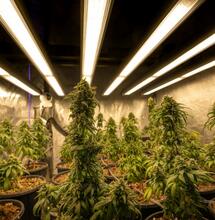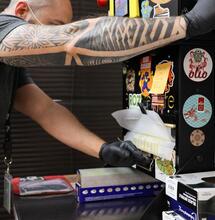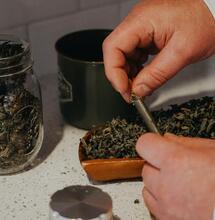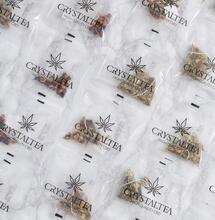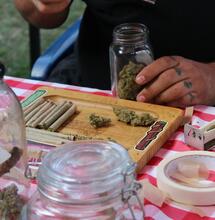Lab Tests Cheating on the Rise in Colorado
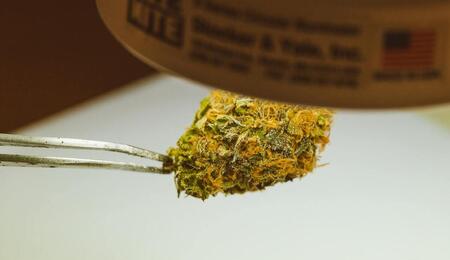
Colorado regulators have identified "many examples" of licensed cannabis businesses cheating on lab testing. As noted by the Colorado Marijuana Enforcement Division (MED) in a recent industry bulletin, this trend poses "a significant public safety concern."
Colorado's MED has identified many examples where marijuana businesses are "adulterating Test Batches" so they can pass necessary testing. Lab cheating is punishable with hefty fines as well as the possibility of revoking a license.
Examples of suspected adulteration listed by the agency include discolorations such as bleaching or dark brown appearance, unusual smell, and inconsistent texture of samples submitted from the same harvest batch.
The regulators will try to stop this trend with new rules.
Starting July 1, licensed testing laboratories in Colorado will be required to notify state regulators whenever they "suspect, or have reason to suspect" that a batch of marijuana submitted for testing could be "adulterated."
The MED did not specify how many adulterated test batches have been detected as of lately. Sources suggest that the agency has issued 13 product recalls in 2023 for violations of standards around bacteria, mold and yeast. Any further product recalls could result in more severe penalties, it has been suggested by the MED.
"If the Division finds evidence of willful or deliberate Test Batch adulteration or alteration, it will recommend the strictest penalties possible to the State Licensing Authority which may include suspension or revocation of license, and fines of up to $100,000 per violation," the agency said in its statement.
The lab testing of marijuana samples is necessary to determine the shelf life of the product. It's also a step required to determine safety specifications and identify appropriate storage conditions and packaging.
There are multiple ways that fraudulent cannabis companies can cheat on lab testing. These companies pursue various tricks to alter the percentage of THC. One example is kiefing the batch for a certain amount of time or swapping the samples with known high testers.
Cheating has many other forms. The lab itself is sometimes a participating party by calibrating lab equipment to accurately show the found amounts of THC or incorrectly entering sample weight and other indicators necessary for calculations to doctor the results.
Lab cheating is a nuisance in almost every legal market. But in nearly every case, an auditor can find if someone has cheated, whether by looking at a corrupted batch of weed or something on the side of the lab.
This kind of fraud harms the integrity of the cannabis sector. For every corrupt lab that produces fraudulent analyses, there is an honest lab that goes out of business. Ultimately, it's the consumers who are paying for the flower they were lied about.







